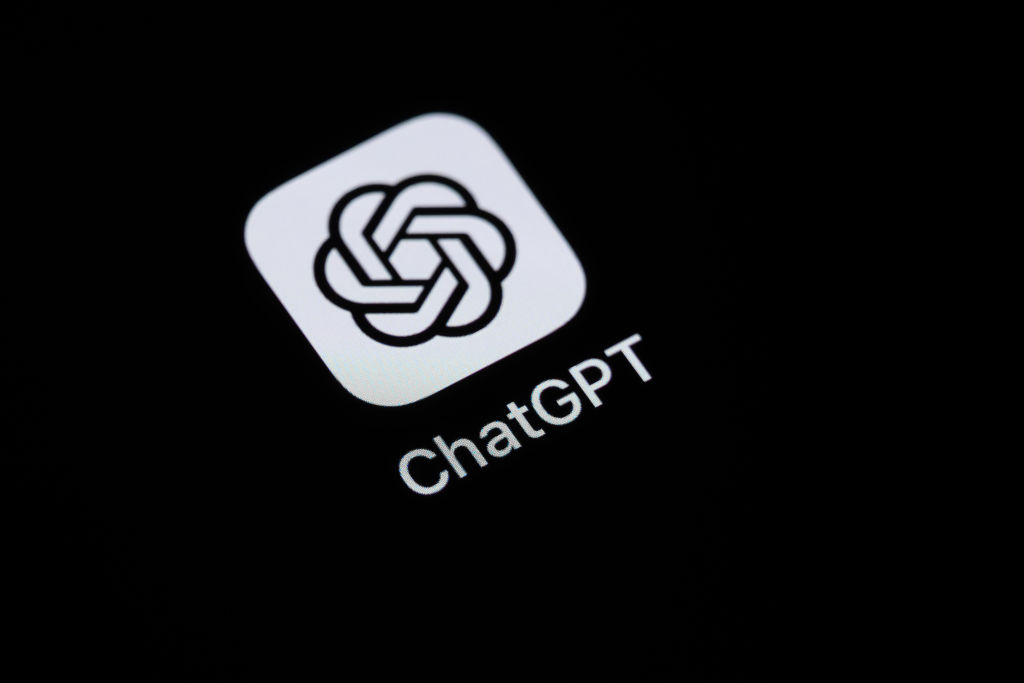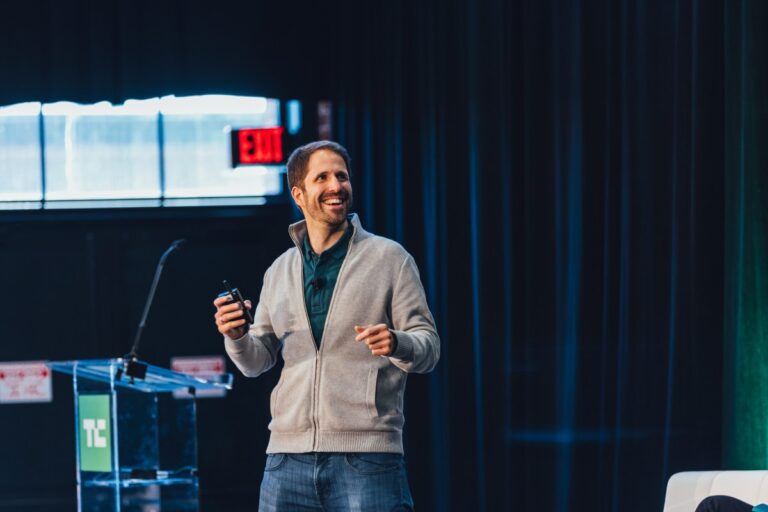Tragic Autopsy Report: OpenAI Whistleblower’s Death Ruled a Suicide
Former OpenAI employee Suchir Balaji was found dead in his San Francisco apartment on November 26, leading to significant discussions online regarding the circumstances surrounding his death. The city’s medical examiner has officially ruled his death as a suicide, which has contradicted the suspicions held by his family.
Background on Suchir Balaji’s Claims Against OpenAI
Balaji gained attention in October when he publicly accused OpenAI of illegally using copyrighted material to train its AI models. He provided crucial information to The New York Times, which described him as holding “unique and relevant documents” in connection with the newspaper’s lawsuit against the AI company. This revelation came during a time when many publishers and artists were initiating legal actions against OpenAI for alleged copyright infringement.
The Circumstances Surrounding His Death
Just days prior to his untimely death, Balaji was reportedly in great spirits. His parents noted that he had recently celebrated his 26th birthday and was in the process of planning a nonprofit organization focused on machine learning. His sudden passing raised eyebrows and drew reactions from notable figures, including Elon Musk and Tucker Carlson. Congressman Ro Khanna has called for a “full and transparent investigation” into the matter.
Key Details from the Medical Examiner’s Report
- Balaji’s death was attributed to a self-inflicted gunshot wound.
- The San Francisco County Medical Examiner confirmed the ruling of suicide.
- His death has sparked discussions about AI ethics, corporate accountability, and the risks faced by whistleblowers in Silicon Valley.
Implications for AI Ethics and Corporate Accountability
Balaji’s death has become a significant talking point in ongoing debates about the ethical implications of AI development and the responsibilities of corporations in handling sensitive information. The intersection of mental health, whistleblower protection, and corporate accountability remains a critical topic as discussions evolve.
As the community continues to process this tragic event, many are left wondering how it will influence future conversations surrounding AI regulations and the protection of individuals who come forward with crucial information.
For more information on the implications of AI in today’s society, visit our AI Ethics page or read this Brookings Institution report on the future of AI ethics.







